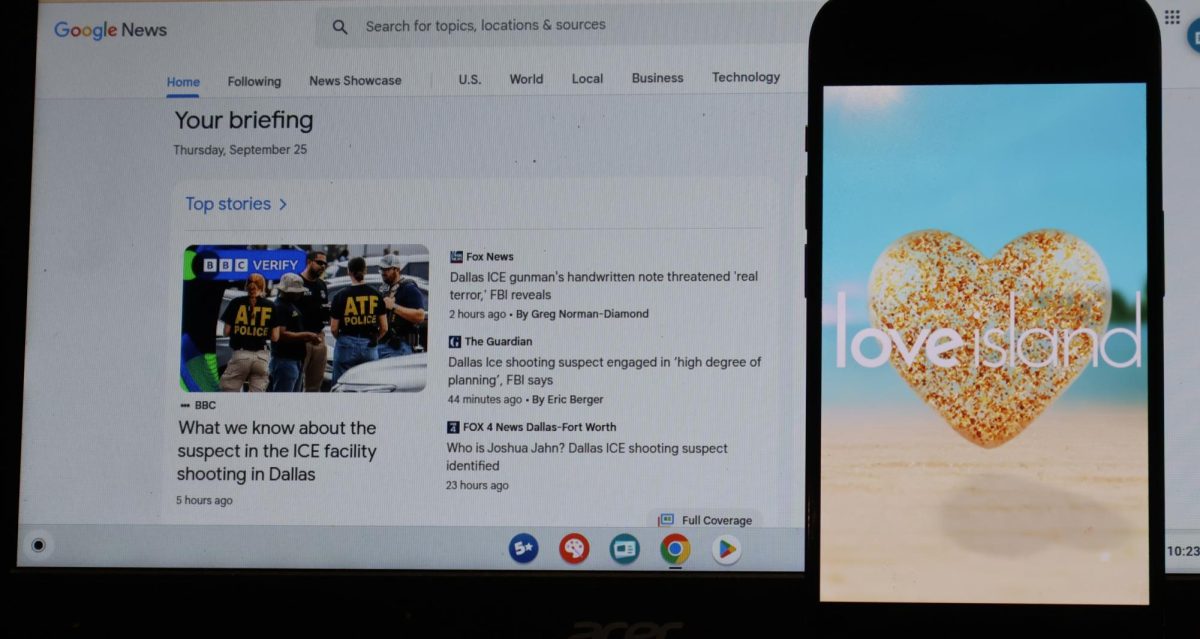In an era of endless political and social controversies, a new commercial from Peloton has ignited another tense and high-stakes fight.
The ad, depicting a woman obsessively working out on the Peloton bike her husband gifted and ending with a subtle hint at other men to purchase the bike, has been decried by many as sexist and reinforcing gender roles. Peloton defended the ad, claiming they had no ill-intentions when creating it.
We believe that the controversy over the Peloton ad reveals how reasonable critiques of media can become overblown and harmful.
The Peloton controversy was started over an initially sour reaction to an ad that many felt was sexist and demeaning. Peloton’s intentions obviously weren’t to reinforce traditional gender roles, however, the content of theirs inadvertently did so by implying that a woman’s primary goal in life should be to appease her husband. This leads into a larger problem with discourse on important social issues—the belief that malice is a more logical explanation for one’s actions than incompetence.
Another perfect example of this was seen with the Kendall Jenner Pepsi commercial controversy. An ad on how a product could transcend identity and unite all people was seen as condescending and racist because of how it undermined the struggles for black equality. An ad that could’ve been otherwise regarded as trite and silly was deemed unforgivably offensive.
Ask yourself: how likely is it that either Peloton or Pepsi really intended for their messages to come across that way? While pointing out potentially problematic elements of media is fine, decrying all of it undermines your ability to shine a light on the importance of these topics.
When we talk with our friends about important topics, it’s inevitable that we come to a few disagreements that stem from misunderstanding each other. The Peloton outrage moves our society one step forward in terms of not thinking of these disagreements as a sign of good-hearted discussion, but of malice and bigotry.
There’s no doubt that massive companies like Peloton have an obligation to reach as wide an audience as possible, and that means making media that is as inclusive as possible. However, that doesn’t mean we should shame and berate them anytime they take a misstep. Hopefully, the Peloton outrage will have at least a few more people reconsidering how they treat the people they disagree with.





![Swaying and preparing to toss the tennis ball, Dylan Grove practices serving. Grove had been training in preparation for her upcoming matches against Chaparral and Doral Red Rock. “[Both teams are] both very tough opponents, but I am ready for whatever gets thrown my way,” Grove said.](https://southwestshadow.com/wp-content/uploads/2025/10/image-1200x900.png)
![Practicing the basic skills of nursing, sophomore Natalia Yancey gets her heartbeat checked with a stethoscope. Sophomore nursing students reviewed skills from freshman year. “I’ve always wanted to be in the medical field; it’s been my dream forever,” Yancey said. “Doing [practice skills] so early on is not only an amazing opportunity, but it helps me to prepare for my future.”](https://southwestshadow.com/wp-content/uploads/2025/10/IMG_9843-1200x800.jpg)











